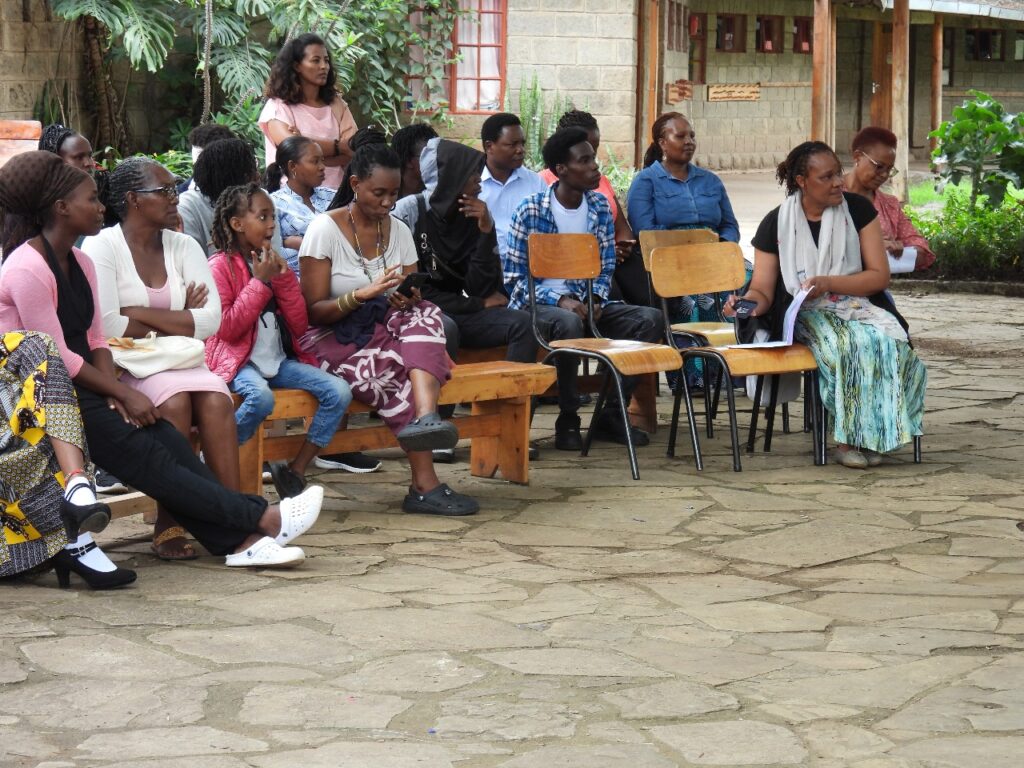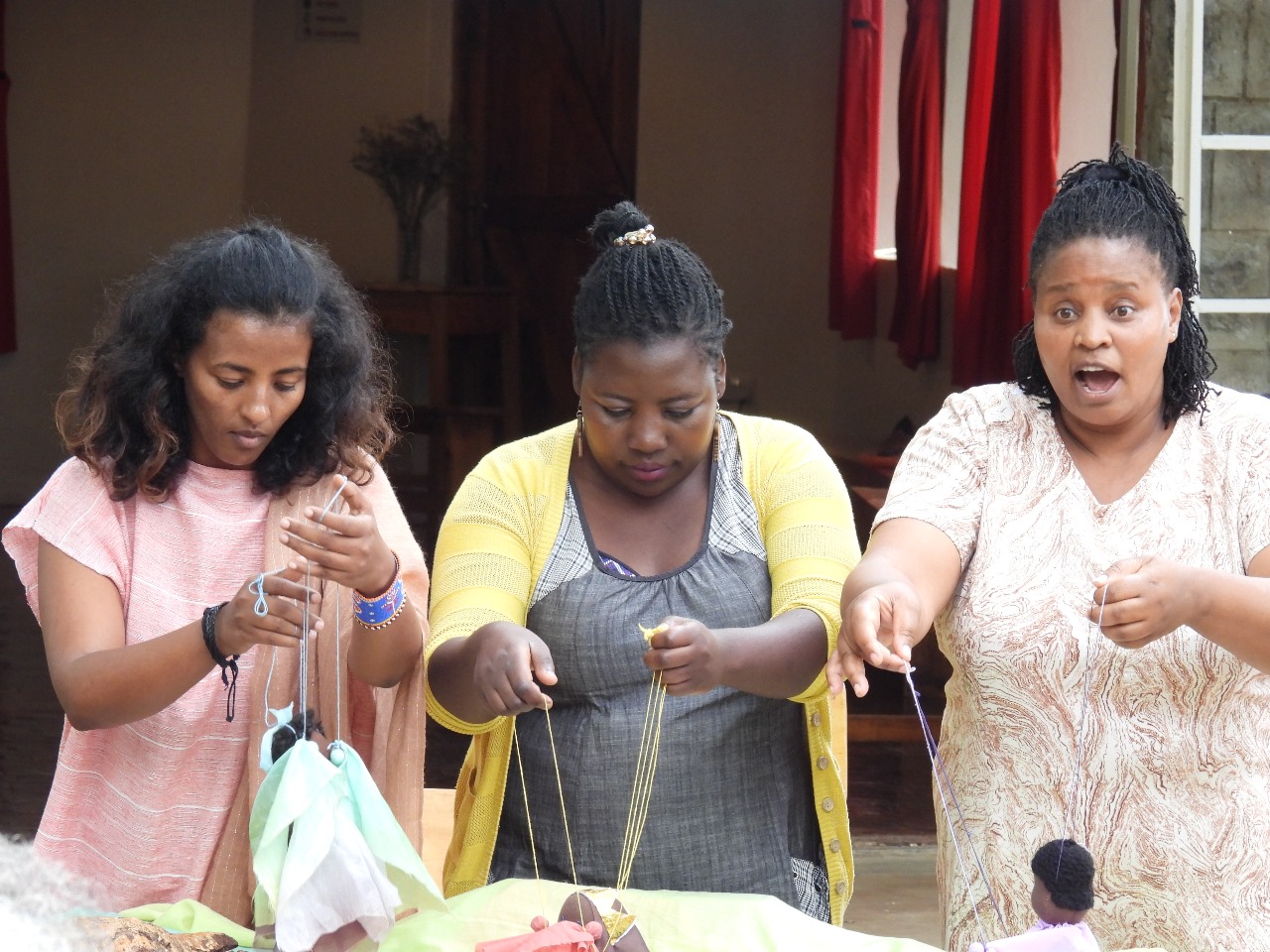
Kindergarten
Primary
Kindergarten
Nurturing the Whole Child
In Waldorf kindergarten education, the primary aim is to care for the whole child, focusing on the development of the child’s physical, emotional, and social capacities.
- Physical Development: Teachers are trained to create environments that foster sensory and motor skills. This includes activities like building with blocks, playing with natural materials, and engaging in outdoor play, all of which encourage physical coordination, balance, and dexterity.
- Emotional Development: Emotional growth is nurtured through creative play, storytelling, and artistic activities that engage a child’s feelings and imagination. Teachers are trained to offer emotional support, creating a secure, loving environment where children feel safe and understood.
- Social Development: Waldorf teachers also focus on helping children learn social skills, such as cooperation, sharing, and empathy, through group activities like circle time, storytelling, and communal play. These early experiences lay the groundwork for emotional intelligence and the ability to relate to others in meaningful ways.
Primary
Holistic Child Development
Waldorf education is based on Steiner’s philosophy of educating the whole child—head (thinking), heart (feeling), and hands (doing). This approach balances the intellectual (cognitive development), emotional (social and inner development), and practical (physical and creative capacities) aspects of a child’s growth.
- Head (Thinking): Intellectual capacities are nurtured through engaging subjects like Science, Mathematics, and History, taught in developmentally appropriate ways. The curriculum introduces concepts progressively, starting with stories and pictures in the early grades and gradually leading to abstract thinking as the children mature.
- Heart (Feeling): Emotional and social development is emphasized through art, music, drama, and other creative subjects that awaken emotional responses and empathy. Festivals, storytelling, and role-playing also contribute to the development of feelings.
- Hands (Doing): Practical activities such as handwork (e.g., knitting, woodworking), gardening, and eurythmy (movement) engage children’s physical and creative capacities, fostering discipline, coordination, and a sense of accomplishment.


